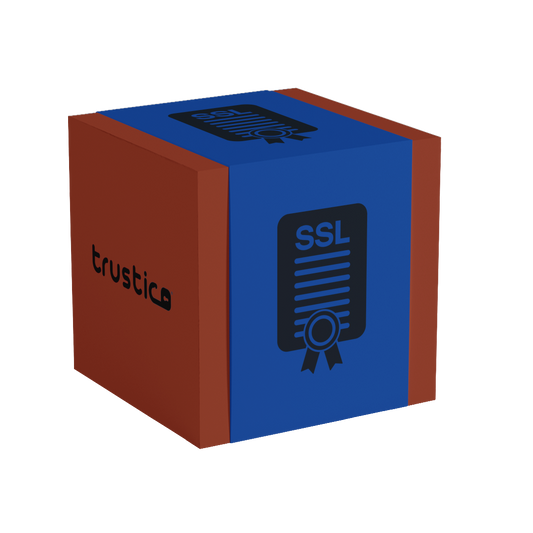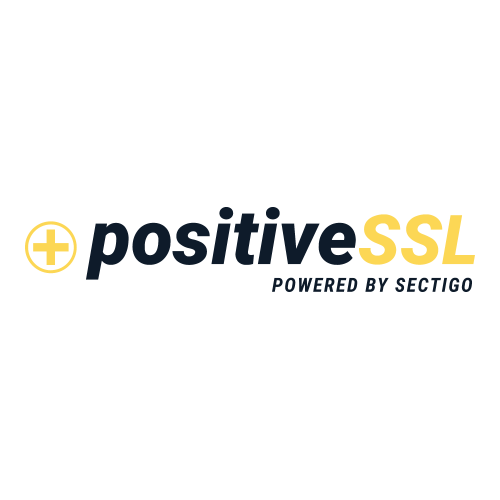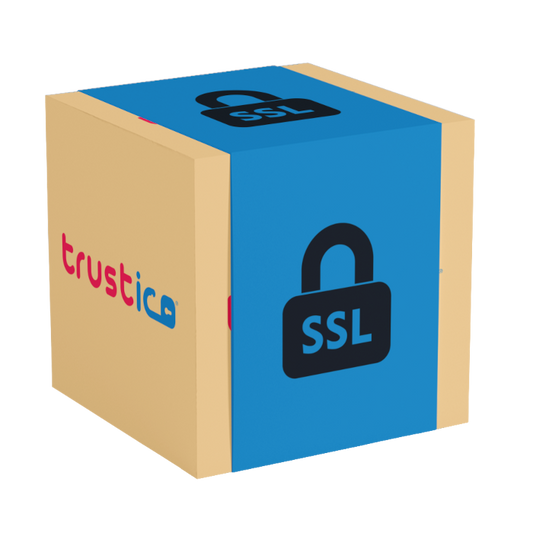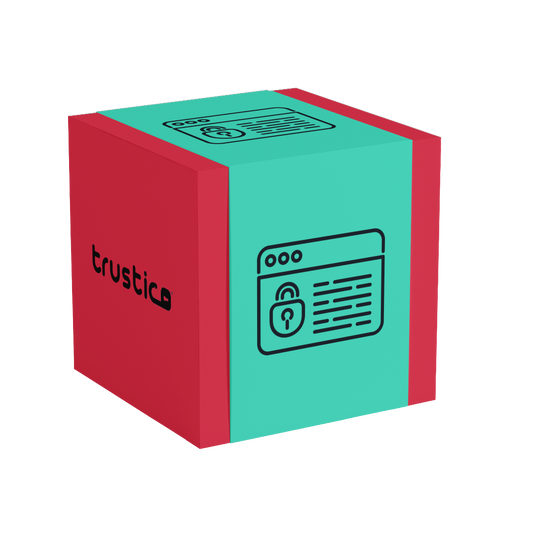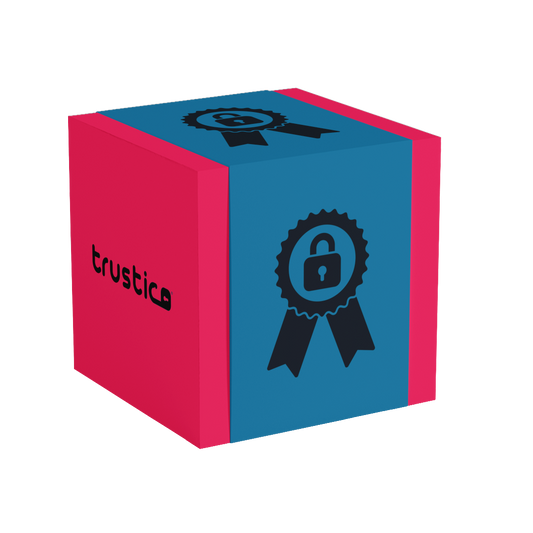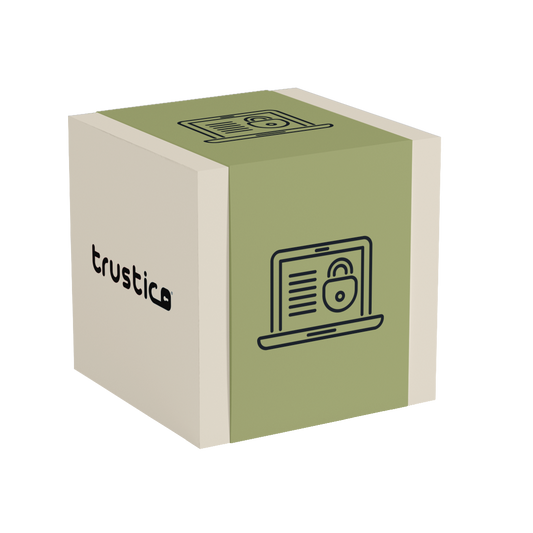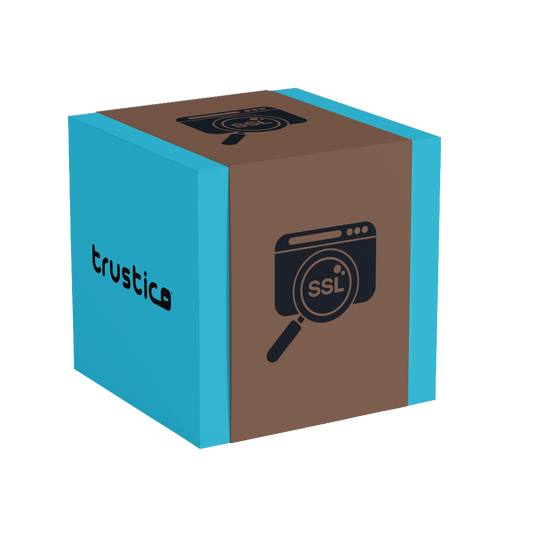Chained Root SSL Certificates
Most Popular Questions
Understand the difference between Trusted Root SSL Certificates and Chained Root SSL Certificates, and why Trustico® only provides SSL Certificates from Certification Authorities that own their own root certificates.
Ask Trustico® Assistant
For Instant Answers - Start Here When You Have a Question or Need Help

DNSSEC Validation Enforcement for SSL Certifica...
Starting in March 2026, the way Certificate Authorities (CA) handle Domain Name System Security Extensions (DNSSEC) during SSL Certificate issuance is changing significantly.
DNSSEC Validation Enforcement for SSL Certifica...
Starting in March 2026, the way Certificate Authorities (CA) handle Domain Name System Security Extensions (DNSSEC) during SSL Certificate issuance is changing significantly.

SSL Certificate Validity Periods Are Changing t...
The reduction in SSL Certificate validity periods is driven by the need to regularly confirm that the Certificate holder is still entitled to use the SSL Certificate. No new Certificate...
SSL Certificate Validity Periods Are Changing t...
The reduction in SSL Certificate validity periods is driven by the need to regularly confirm that the Certificate holder is still entitled to use the SSL Certificate. No new Certificate...

SSL Certificate Works on WWW but Not Root Domai...
Several server configuration problems can cause SSL Certificates to work on the www version but fail on the non-www version of a domain. Understanding these causes helps identify the specific...
SSL Certificate Works on WWW but Not Root Domai...
Several server configuration problems can cause SSL Certificates to work on the www version but fail on the non-www version of a domain. Understanding these causes helps identify the specific...

Understanding SSL Certificate File Formats and ...
SSL Certificate files can be broadly categorized into three main types based on how the data is encoded and stored. Understanding these categories will help you identify which format you...
Understanding SSL Certificate File Formats and ...
SSL Certificate files can be broadly categorized into three main types based on how the data is encoded and stored. Understanding these categories will help you identify which format you...
Understanding the AutoCSR Service for SSL Certi...
Learn how AutoCSR works, compare it to hosting company practices, find out when automated credential generation is appropriate versus generating your own CSR. Covers security considerations including the Trustico® non-retention...
Understanding the AutoCSR Service for SSL Certi...
Learn how AutoCSR works, compare it to hosting company practices, find out when automated credential generation is appropriate versus generating your own CSR. Covers security considerations including the Trustico® non-retention...

What Is Encrypted Server Name Indication (ESNI)...
The limitations of Encrypted Server Name Indication (ESNI) led to its evolution into Encrypted Client Hello (ECH) in 2020. Encrypted Client Hello (ECH) addresses the shortcomings of its predecessor while...
What Is Encrypted Server Name Indication (ESNI)...
The limitations of Encrypted Server Name Indication (ESNI) led to its evolution into Encrypted Client Hello (ECH) in 2020. Encrypted Client Hello (ECH) addresses the shortcomings of its predecessor while...

